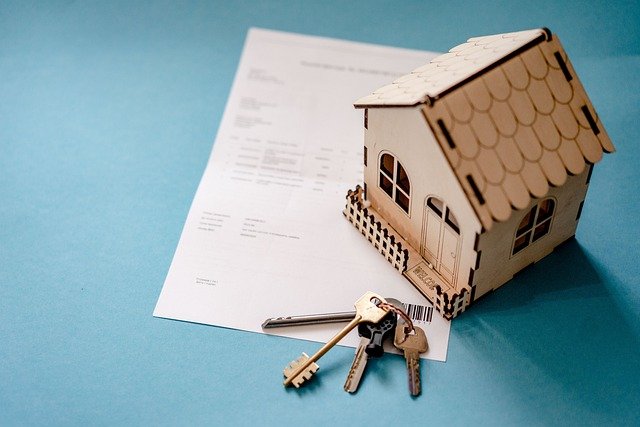Practical due diligence checklist for buying property abroad
This guide outlines a practical checklist for buying property abroad, focusing on the critical checks buyers should perform: title and compliance review, independent valuation and analytics, financing and taxation review, rental and renovation considerations, sustainability and resilience, and local service arrangements.

Buying property in another country demands a deliberate, checklist-driven approach to reduce risk and align outcomes with your housing or investment objectives. Begin by clarifying whether the purchase will be owner-occupied, held for rental, part of a wider portfolio, or intended for renovation. Establish a timeline and budget, and identify the local market indicators that matter most—transaction volumes, vacancy rates, and recent sales—so that every subsequent document check, inspection, and financial calculation is grounded in context and verifiable data.
Property valuation and analytics
Obtain an independent valuation and local market analytics before negotiating price. A qualified appraiser should account for comparable sales, land rights, communal fees, and any atypical restrictions that affect market value. Use analytics to model scenarios for capital appreciation and rental yield under different market conditions, and test sensitivity to interest rates and currency shifts. Reliable valuation and analytics inform whether a property is priced fairly for its location, condition, and intended use as housing or an investment asset.
Mortgage, financing and taxation
Investigate mortgage options available to foreign buyers, required down payments, and whether local lenders permit cross-border financing. Understand typical financing costs, currency exposure, and lender documentation demands. Taxation checks must cover purchase taxes, annual property levies, treatment of rental income, and capital gains rules for non-residents. Consult a local tax specialist to identify treaty impacts and filing obligations. Integrate financing costs and tax liabilities into a cash-flow model to estimate net returns and effective holding costs.
Compliance and legal checks
Confirm clear title, boundary definitions, and the absence of liens or easements that limit use. Verify seller identity and ensure contracts comply with local property law and conveyancing processes. Check zoning, permitted uses, and building approvals to ensure your intended use—whether long-term housing, renovation, or rental—is allowed. Retain a local attorney to review documents and to handle registration and notarization. Where language differs, obtain certified translations to avoid misunderstandings during closing.
Rental potential and investment planning
Assess rental demand, seasonality, tenant protections, and short-term rental regulations if you plan to rent the property. Review homeowners’ association rules or building bylaws that could restrict leasing or renovations. Build gross and net rental yield models that include property management, insurance, maintenance, taxes, and expected vacancy periods. Consider how the asset fits within a broader portfolio: diversification benefits, currency exposure, and whether the property increases overall resilience against local market downturns.
Renovation, sustainability and resilience
Conduct a thorough inspection to identify structural issues and renovation needs; obtain multiple contractor quotes and verify licensing. Check local building codes and permit requirements, and include contingency allowances for unexpected repairs. Evaluate sustainability measures—insulation, energy efficiency, water management—that reduce operating costs and can increase tenant appeal. Factor in climate and resilience risks such as flood zones, seismic exposure, or prolonged heat, and estimate mitigation or insurance costs as part of renovation planning.
Housing market and local services
Research neighborhood fundamentals that influence long-term demand: schools, healthcare, public transport, and employment centers. Confirm availability and reliability of local services such as property management, legal counsel, surveying, and maintenance contractors. Clarify utility arrangements and community fees to estimate recurring costs. Visiting the area and speaking to local agents or residents provides practical insights into day-to-day living conditions and helps validate assumptions used in valuation and rental projections.
Conclusion A structured due diligence checklist for buying property abroad should combine independent valuation, legal and compliance verification, clear financing and taxation planning, and realistic rental and renovation forecasts. Verify each component with local professionals, run multiple financial scenarios, and document findings to support negotiation and closing. This methodical approach improves the likelihood that an international property purchase meets your housing needs, financing constraints, and investment or portfolio resilience goals.






